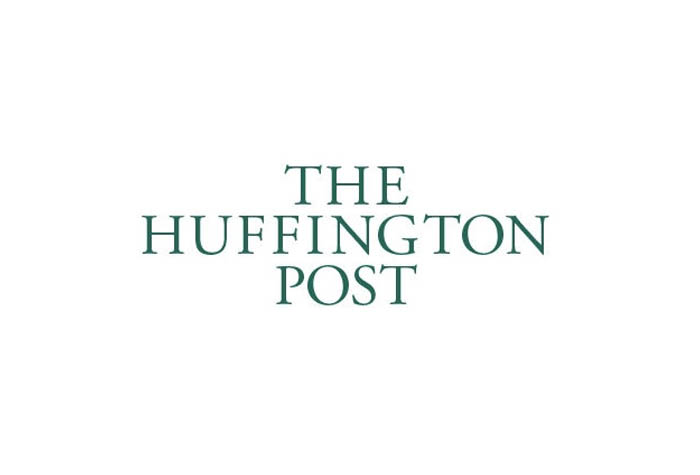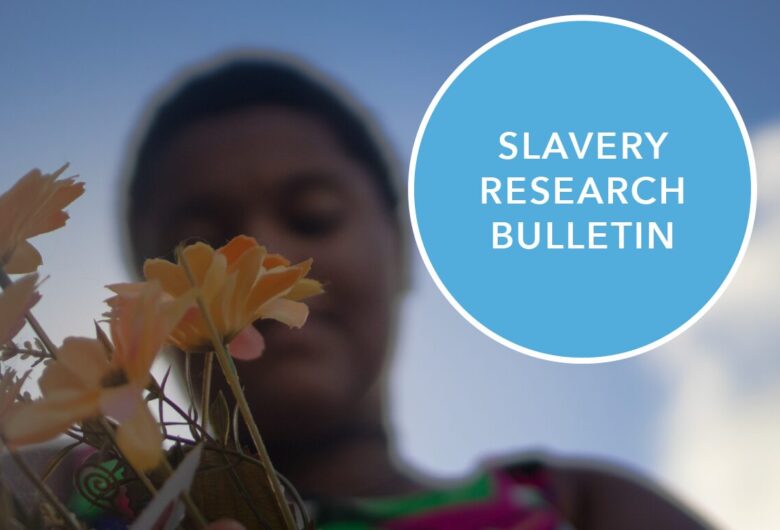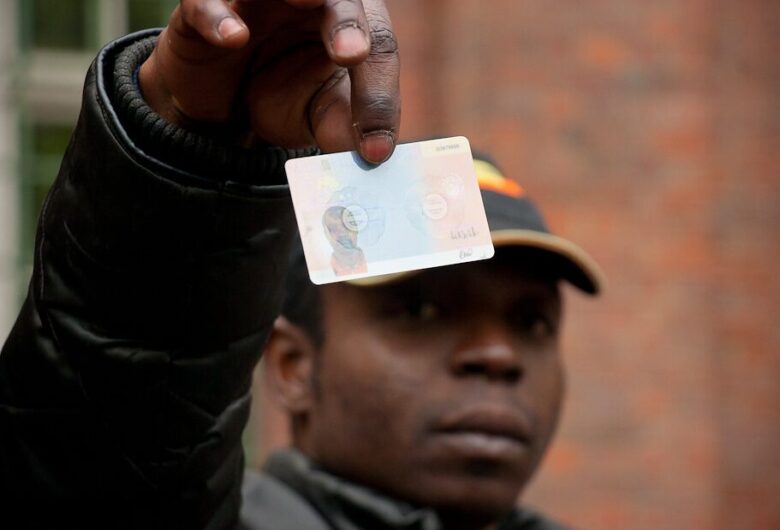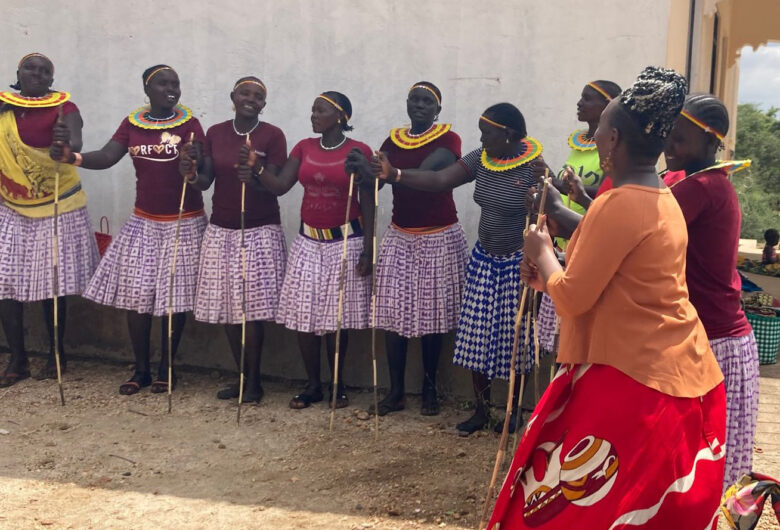Featured on the Huffington Post. authored by Nick Grono, CEO, The Freedom Fund and Dr James Cockayne, Head of Office at the UN University.
This Wednesday, the UN Security Council will for the first time ever discuss human trafficking in conflict situations. This is a very welcome development because, while slavery is illegal everywhere, several armed groups are actively promoting it. Both Islamic State and Boko Haram have enslaved thousands of people. And there are more people displaced by conflict – and vulnerable to human trafficking – than ever before.
States have so far failed to stand up to these pressures on the taboo against slavery. A strong signal is needed from the UN Security Council to reinforce the global taboo against slavery and to encourage more effective, coordinated international action.
The eroding taboo against slavery
As we explored in two recent reports on modern slavery launched at the United Nations, armed conflict is one of several factors making people vulnerable to enslavement, forced labour and human trafficking. There are now between 20.9 and 35.8 million people in situations of slavery worldwide, so reinforcing anti-slavery efforts could hardly be more important or timely.
In Iraq and Syria, ISIS is actively sponsoring and promoting slavery, even distributing instructional documents. One is entitled “Questions and Answers on Female Slaves and their Freedom”. This sets out, at length, the organization’s position – highly controversial in most mainstream interpretations – that enslaving women and girls from non-Sunni communities is sanctioned by the Quran and hadith, and that these women and girls are “merely property”. It actively condones rape of women and girls. ISIS has even organized slave contract registries and markets, in which over 3,144 Yazidi women and girls are thought to be held. In March 2015, an inquiry initiated by the UN Human Rights Council found “information that points to … crimes against humanity, and war crimes”, including sexual slavery.
The situation is not much better in West Africa. In Nigeria, the militant group Boko Haram has a clear policy of enslavement, child recruitment, sexual slavery and forced marriage. It has abducted over 2,000 people. Its leader, Abubakar Shekau, has proclaimed that the hundreds of women and girls it has kidnapped will be forced into marriage with his fighters. Alternatively, Boko Haram “will sell them in the market” – alluding to global human trafficking networks, many of which feed demand for commercial sexual exploitation in other regions. Boko Haram’s abduction and enslavement practice is clearly widespread and systematic, and based on an organizational policy of enslavement – meeting the tests that suggest it is also a crime against humanity.
States have agreed that they have a Responsibility to Protect populations from against crimes against humanity, like these crimes of enslavement. Up to this point, though, states have not taken effective action against ISIS or Boko Haram for these slavery crimes. For example, the International Criminal Court does not have jurisdiction in Iraq or Syria, and has declined, so far, to initiate prosecutions against Boko Haram leaders, since that responsibility falls first to the Nigerian authorities.
The Security Council is lagging on this issue
The lack of action by the Security Council stands in contrast to two recent commitments by states to tackle this issue.
First, all countries committed in adopting the new 2030 Agenda for Sustainable Development at the UN in September this year, to “take immediate and effective action to … end modern slavery and human trafficking”. The Kenyan Ambassador to the UN recently emphasized that this Sustainable Development Goal 8.7 “must succeed”. The Security Council debate on Wednesday stands as a golden opportunity to help make that happen.
Second, the Security Council recently took strong action to authorize European countries to use military force to disrupt human trafficking and migrant smuggling in the Mediterranean. The Council’s willingness to act on this issue should be applauded – but also serves to highlight the need for it to act on other forms of human trafficking also caused, like the flows through the Mediterranean, by conflicts on its agenda.
What the Security Council should do
Some states will argue that human trafficking is a criminal justice issue which states should address on their own, without the Council getting involved. They will argue that the Council should simply call for states to join the relevant international conventions and implement them effectively. That would be a good idea – but it is not enough, because states already struggle to implement these conventions in conflict zones.
So the Security Council should do three other things.
First, the Council should send a strong deterrent signal to armed groups, by calling this widespread and systematic, organized policy of human trafficking what it legally is: a crime against humanity. This would signal that those responsible are subject to prosecution, not just in the ICC, but by any state with jurisdiction. And it would signal that the international community recognizes that ultimately it has a Responsibility to Protect victims of these practices, and can step in if states fail to.
Second, the Security Council should make clear that it wants all parts of the UN system to work more effectively together to help countries tackle modern slavery in conflict zones. At present, as our recent report shows, the UN’s efforts are fragmented and poorly coordinated, and the peace operations and peacebuilding actors of the UN are hardly involved at all. The Security Council should call on the UN Secretary-General to appoint a time-bound Special Envoy for the next three years to pull the UN system together and figure out how to be more effective in these contexts, develop system-wide guidance to help these UN actors figure out how to work better together, and to develop a strong global partnership with the private sector and civil society.
Third, the Security Council should tackle the drivers of this problem. In other contexts, the Security Council has developed corporate due diligence guidelines to ensure that conflict minerals such as ‘blood diamonds’ don’t find their way into global supply chains. It should do something similar here, asking the Special Envoy to develop effective supply-chain measures to ensure that legitimate business does not unwittingly encourage human trafficking from conflict zones.
By taking these steps the Security Council can reinforce the global taboo against slavery and ensure more effective, coordinated international action to eradicate this most historic of abuses.




